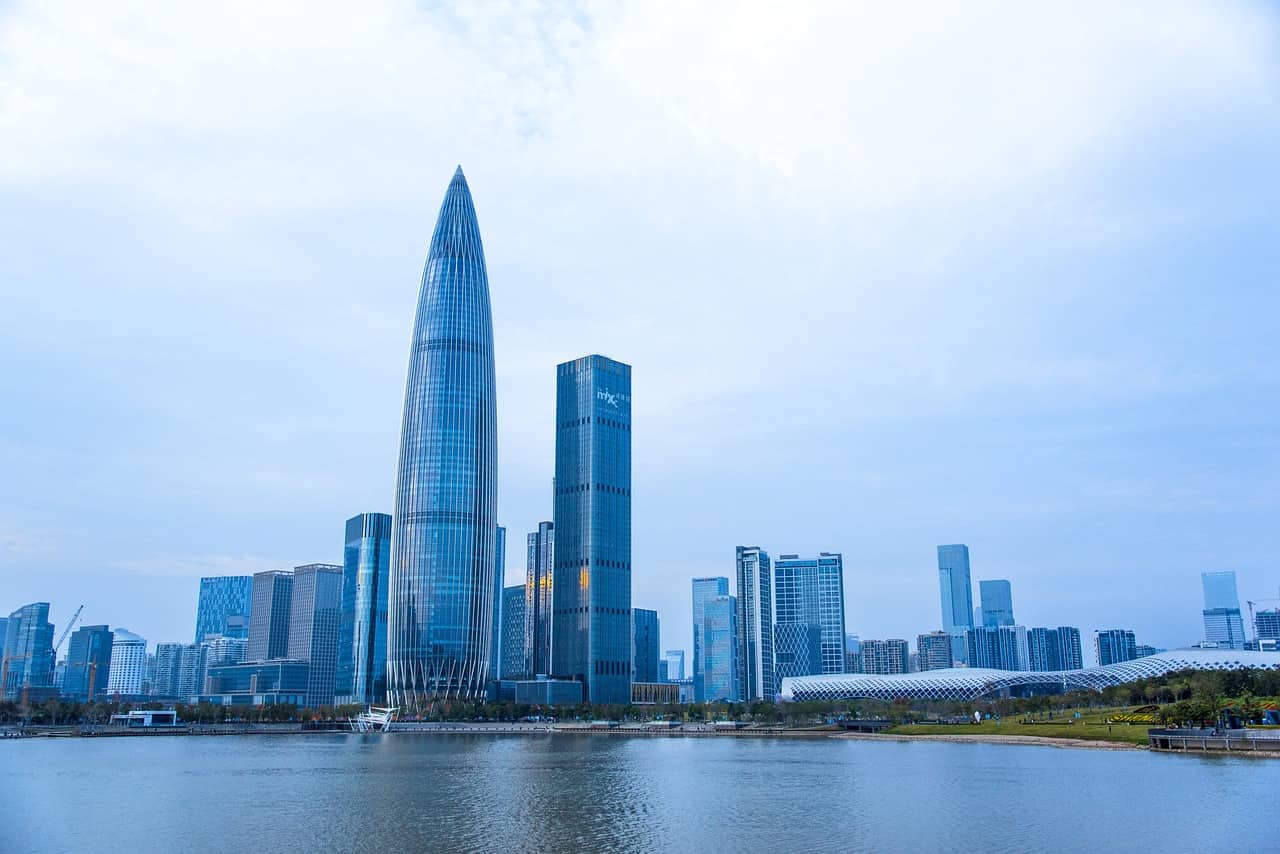
Artificial intelligence (AI) stands at the forefront of modern technological advancements, shaping the future of international relations and security. The recent meeting between US President Joe Biden and Chinese leader Xi Jinping has sparked cautious optimism for a new era of cooperation in AI governance. The dialogue between the world’s two largest economies holds significant implications for the global community, particularly in setting standards for the rapidly evolving domain of AI.
Today, US president Biden and Chinese leader Xi Jinping met in Biden’s backyard for the first time in a year. Among other things, they agreed to restore military communication between the two superpowers and to jointly combat the production of the drug fentanyl. Biden spoke of “real progress” afterwards.
- The International AI Summit in Brussels highlighted the strained relations between the EU and China regarding AI safety standards;
- The multifaceted stance of the EU towards China as a partner, competitor, and rival adds complexity to aligning AI safety standards;
- Despite geopolitical hurdles, there is cautious optimism for collaboration between Western and Chinese companies at the company level.
Dissecting the challenges in EU-China relations
The EU’s stance on China is multifaceted, acknowledging the country as a partner, competitor, and rival simultaneously. The past year has seen a decline in EU-China relations, marred by disagreements over human rights, economic policies, and geopolitical stances, particularly on the war in Ukraine. This complex relationship underscores the difficulty of aligning AI safety standards, a necessity given AI’s increasing role in global economics, security, and governance. The EU’s strategic outlook, despite these challenges, continues to advocate for engagement, recognizing China’s integral role in tackling global and regional issues.
The meeting between Biden and Xi, which saw them converse for hours, appears to be a reset button for the strained US-China relationship. Xi’s remarks in California, “The earth is large enough for both of us to be successful,” reflect a potential shift towards a more cooperative stance. The agreement to restore military communication and to jointly combat fentanyl production indicates a wider thaw in relations that could extend into the contentious field of AI.
Meanwhile, a significant stride was made in the UK, where China, the US, the UK, and the EU signed the Bletchley Declaration for AI safety research. This declaration is a formal acknowledgement of AI’s risks and the necessity for international action. UK Prime Minister Rishi Sunak hailed the declaration, emphasising the transformative potential of AI for future generations.
Prospects for cooperation amidst divergence
Rebecca Arcesati from the Mercator Institute for China Studies holds a cautiously optimistic view regarding collaboration between Western and Chinese companies, she tells in an interview with Euronews. “Chinese firms, already active in the AI sector, could play a crucial role in progress.” This sentiment is echoed by Romanian MEP Dragoș Tudorache, who emphasizes the need for the ‘collective West’ to align its own approach to technology and its societal role, before seeking to establish global governance and standards with China.
Engagement at the company level may offer a more pragmatic pathway forward, one less encumbered by the heavy cloak of political discord. Arcesati’s belief in the potential for ongoing discussions and government-facilitated cooperation between Western and Chinese engineers suggests that the private sector could bridge divides that exist at the governmental level.

Seeking convergence in a divided landscape
It is clear that the journey towards convergence on AI safety standards is fraught with ideological and political obstacles. The EU’s Strategic Outlook on China underscores the need to engage with China across multiple dimensions – as a partner, competitor, and rival. This nuanced approach may prove to be the EU’s best strategy in navigating the treacherous waters of international relations.
The recent meeting and declarations have created a platform for potential collaboration on AI. However, the complexity of the issues at hand, from military applications to ethical standards, poses significant challenges. The US and China’s approach to AI governance will not only shape their bilateral relationship but also influence the global AI landscape. With both nations holding significant stakes in AI advancement, their actions will have far-reaching consequences for the international community.








